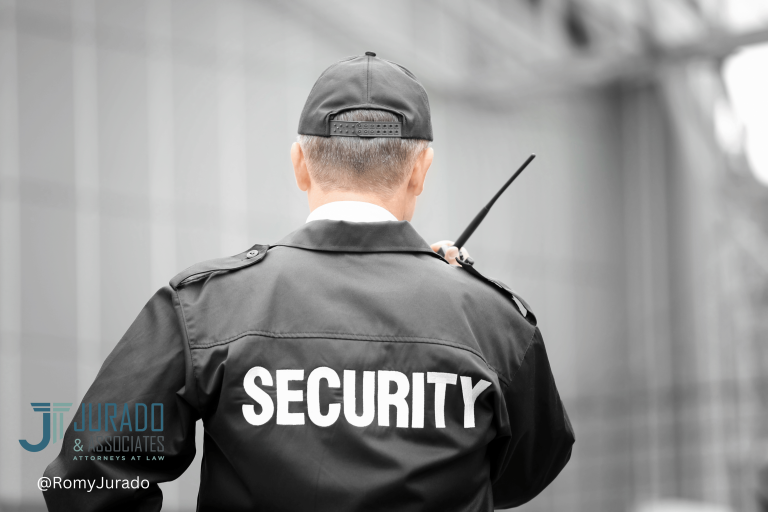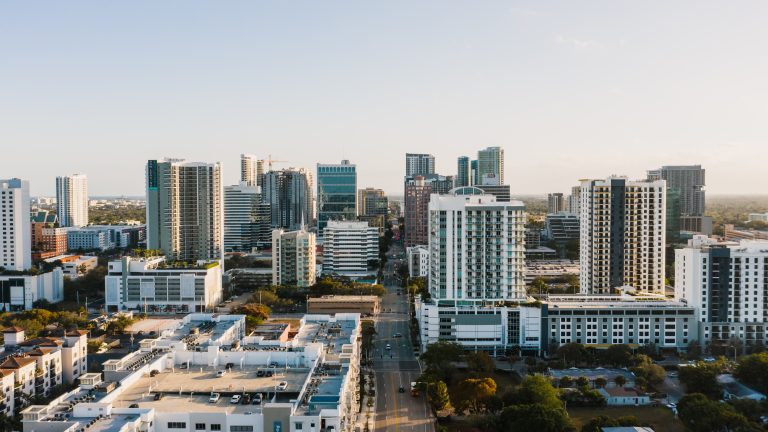Florida law has strict regulations to guarantee the quality of the food produced and consumed within the state. From growing raw materials to washing, sorting, cutting, grinding, slicing, cooking, and packaging, most food-related activities require some type of license issued by the appropriate agency.
In this article, you will understand how to get a food license in Florida.
How Do I Get a Food License in Florida? – In Detail
The state of Florida has three different agencies responsible for ensuring the safety and wholesomeness of the food provided to the public, which are:
- The Department of Agriculture and Consumer Services (DACS)
- The Department of Business and Professional Regulation (DBPR), and
- The Florida Department of Health (FDOH)
Not all professional activities involving food are equal, which requires the guidance of a well-versed licensing attorney to identify the best solution for each case.
Applying with the Department of Agriculture and Consumer Services (DACS)
The Department of Agriculture and Consumer Services (DACS) is responsible for overseeing and inspecting food processing plants, food storage, points of distribution, and grocery stores. This agency is responsible for licensing:
- Manufacturers
- Suppliers
- Packers
- Processors
These activities encompass several elementary procedures to convert raw materials into food products for distribution and retail sales.
Applying with the Department of Business and Professional Regulation (DBPR)
The Department of Business and Professional Regulation (DBPR) is responsible for issuing licenses for food service and lodging establishments, including alcoholic beverage licenses.
This licensing category applies mostly to commercial food retailers, especially on-premises retailers. From Theme Parks and golf courses to mobile food services (e.g., food trucks), the DBPR has a broad variety of regulatory requirements for each specific category.
DBPR food licenses are part of the “Hotels and Restaurants” category. When applying for a license, prospective licensees must choose between “Food Service” and “Lodging.” The “Food Service” subcategories include licenses for:
- Catering
- Culinary Education Program
- Mobile Food Dispensing Vehicle or Hot Dog Cart
- Permanent Food Service (Seating)
- Permanent Food Service (Non-Seating)
- Theme Park Food Cart
- Vending Machine
Conversely, the “Lodging” subcategories focus on the hospitality industry, including licenses for:
- Apartment
- Bed and Breakfast
- Hotel
- Motel
- Timeshare Project
- Vacation Rental – Condo
- Vacation Rental – Dwelling
Applying with the Florida Department of Health (FDOH)
Another vital agency dedicated to guaranteeing the quality of the food provided statewide is the Florida Department of Health (FDOH). FDOH’s primary work is guaranteeing food safety and sanitation, working with food service establishments like:
- Schools
- Institutions
- Civic/fraternal organizations
- Bars
- Theaters
Additionally, any entity participating in the USDA Afterschool Meal Program is also part of FDOH’s effort. Temporary food events (e.g., gastronomy fairs), mobile food units, and vending machines that operate at or through any of the listed facilities are also addressed.
At the local level, County Health Departments are responsible for inspecting and licensing eligible facilities with food certificates.
Do You Want to Obtain a Food License in Florida? – Immediately Seek Expert Legal Guidance
Waste no time with uncertainty. Contact Attorney Romy B. Jurado today by calling (305) 921-0976 or emailing [email protected] to find the best licensing strategy for your case.






